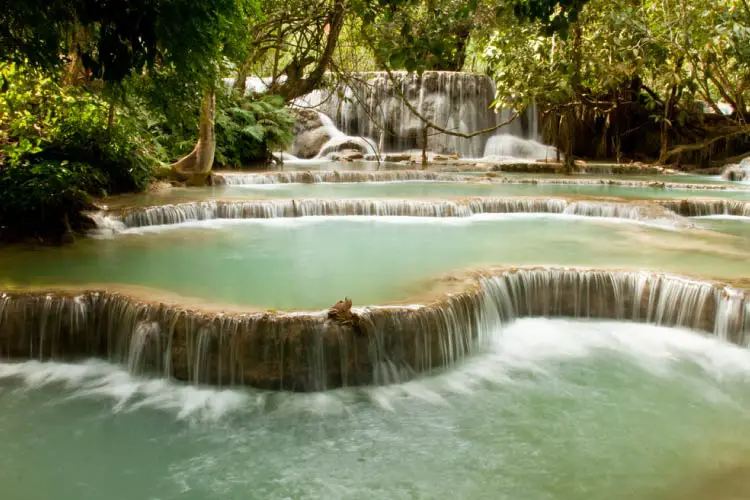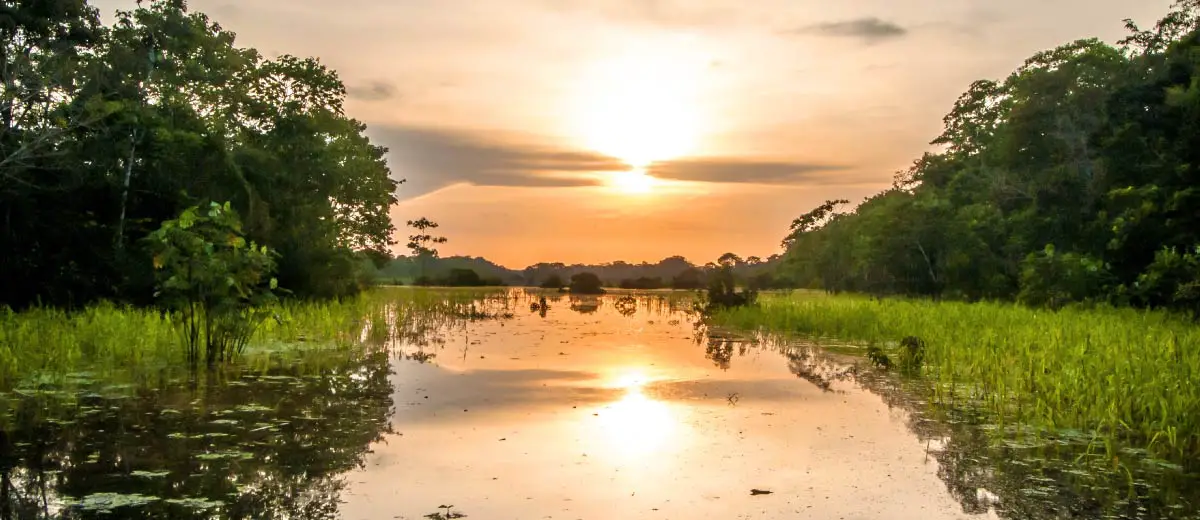What is Ecotourism? A Journey Across South East Asia
Right now, as you read this sentence, thousands and thousands of travellers are in the midst of treks across all corners of the globe. The reasons for their travels are just as numerous and varied as the travellers themselves. For many, experiencing a new culture and seeing historically important sites for themselves is the primary reason for travel; these are travellers in the most classic sense of the world. Others, called pilgrims, seek enlightenment from the world’s most sacred holy sites. Perhaps the largest subsection of travellers simply want to get drunk on foreign beaches and are typically referred to simply as tourists! To a growing number of travellers, the primary joy of travelling is seeing the diversity of plants and animals from across the globe. In the last few decades, these types of travellers have been dubbed ecotourists.
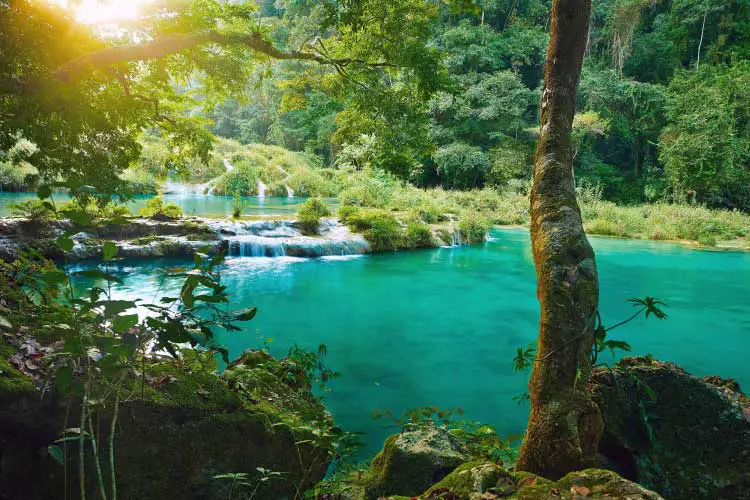
What is ecotourism? In the purest sense of the term, ecotourism is travel with a primary intent of seeing how the organic and inorganic members of an ecosystem make a place unique. In practice, ecotourism means a number of things. For most travellers, ecotourism is visiting national parks or game reserves. In fact, many places, particularly in Africa and South America, have built their entire tourism industries on ecotourists looking to trek through national parks. However, we can also define the term in a broader sense. As an example, a mountaineer might be an ecotourist, as her primary reason for travelling is to become more familiarized with a piece of nature. Other ecotourists may visit animal rehabilitation and conservation centres. In fact, you could even be an ecotourist while visiting a major city, simply by being conscientious of the wildlife that surrounds you.
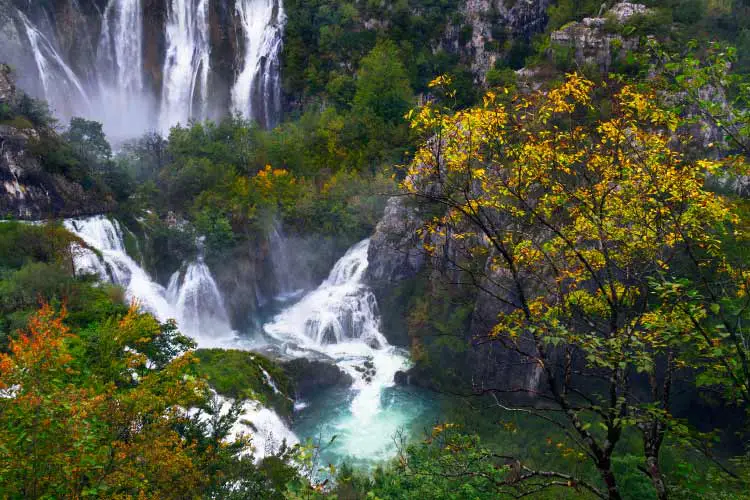
Mother facet of ecotourism is conservation and awareness. The link between conservation and ecotourism can be viewed as an economic safeguard: without taking the effort to protect the wildlife that attracts ecotourists, popular ecotourism destinations do not practice a sustainable business model. However, the staff at popular ecotourist destinations often take their duties to conservation one step further. Many times, these destinations are run by people who genuinely love the animals and plants in their area, and readily see their intrinsic value. By doing your research and visiting ecotourist destinations that give such a high level of respect to the environment, travellers can ascertain that they’ve made ethical and conservation-minded choices for their journey.
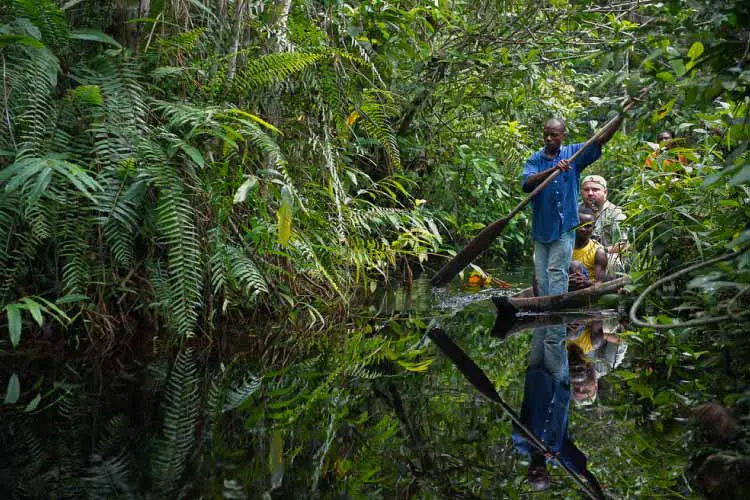
Clearly, there’s no strict definition as to what defines an ecotourist, other than an appreciation for nature and a desire to seek it out in areas away from your home. With such a broad definition, it’s hard to even understand what ecotourism truly is. Fortunately, here at Textbook Travel, we’re committed to finding you an answer to this question, and we’re doing it in the most straightforward manner possible: by being ecotourists ourselves.
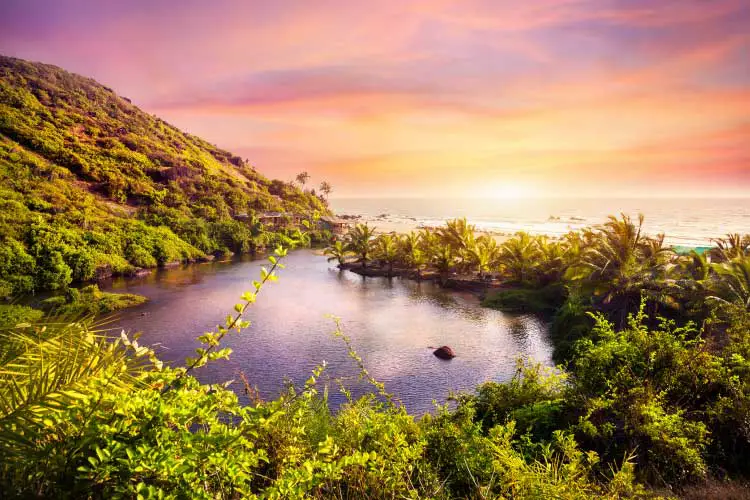
With that said, allow me to introduce myself. My name is Jack, and I’m one of the writers here at Textbook Travel. In an effort to understand more about why ecotourism is one of the quickest growing travel niches, I’ve embarked upon a six-month journey through Southeast Asia with my girlfriend and travelling companion Meridith. During our journey, we hope to improve our understanding of all the different facets of ecotourism. We’ll visit some of the world’s most exotic locales, such as the island of Borneo, as well as popular travel destinations like Phuket and Bali. As we both have degrees in biology, we hope to share with you readers a bit about the science, as well as the beauty, of eight different countries in Southeast Asia. Along the way, we’ll be posting written updates and photographs here at Textbook Travel on a weekly basis for our dedicated readers. Be sure to check back next week as we begin this exciting series!
